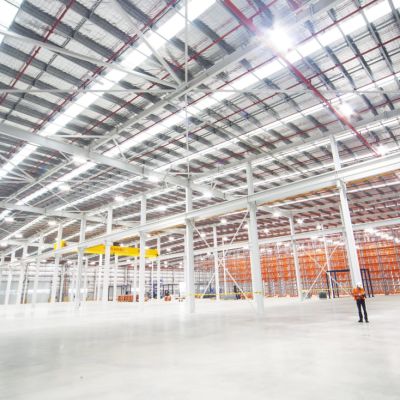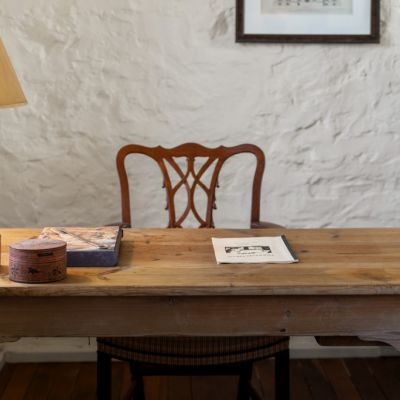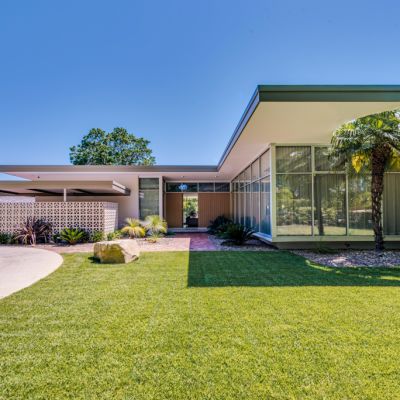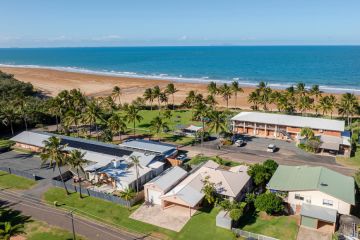What you need to know before investing in Canberra's commercial property market
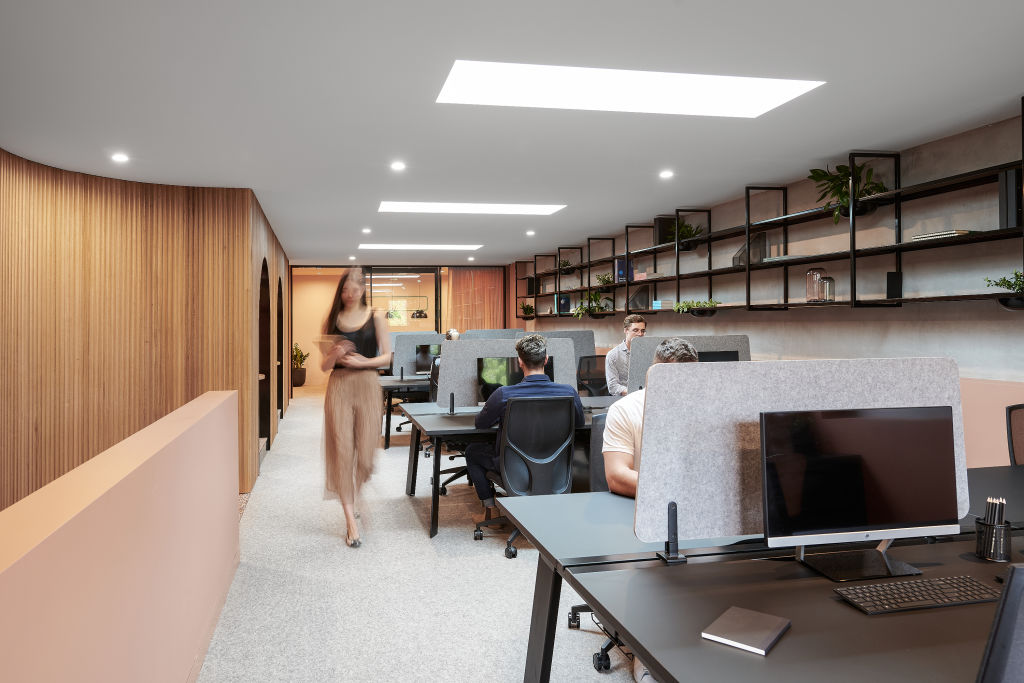
Commercial property investment remains something of a best-kept secret – except among those active in the space, especially investors who already have or are putting together a portfolio of assets.
Residential real estate investment tends to be the first instinct, particularly for “mum and dad” investors, but the reality is that commercial property generally offers a much better return, especially when cash flow is important, as it can be for, say, retirees.
Ken Kong of TP Dynamics says there are certain rules to follow when contemplating a commercial property investment.
“There are many factors to consider, and it can be a more complicated journey for the new investor than might be involved in a residential investment,” he says.
“Spending time in understanding and building knowledge of the commercial property environment will pay dividends and may help avoid making an expensive mistake.”
Kong says there are many different classes in the commercial space, including office, retail, warehouse, hospitality, medical, recreation and many more.
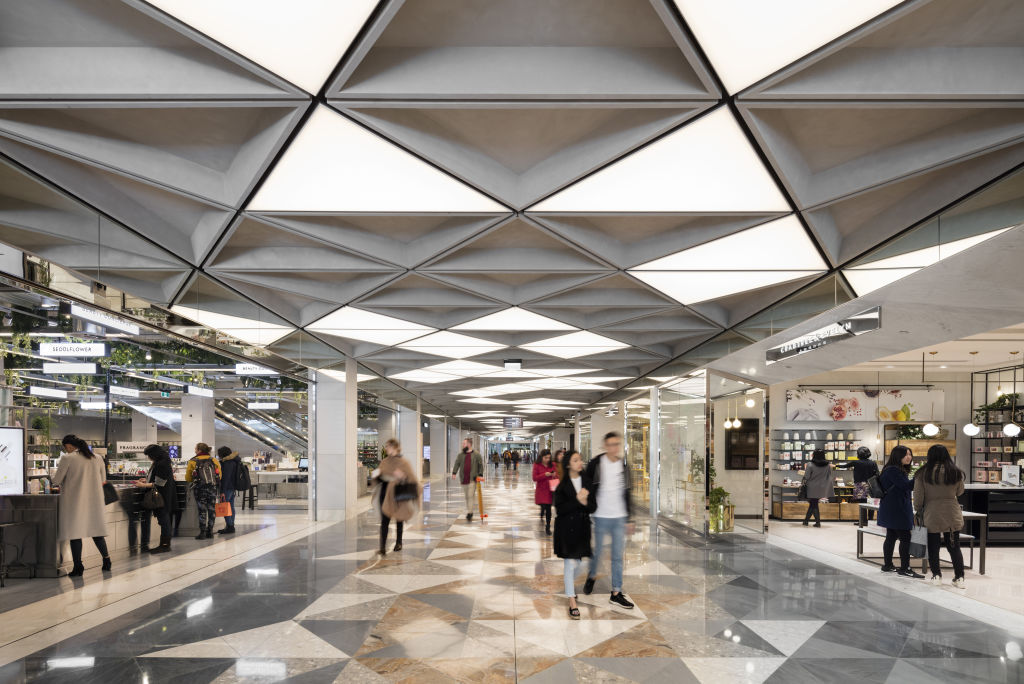
“Each of them comes with their own dynamics along with different cost profiles,” he says.
“For example, if an owner – in negotiating with a prospective tenant – agrees to help with fitout costs, then a warehouse might cost much less than, say, a restaurant that will need a commercial kitchen, cool rooms and more.”
Potential investors also need to carefully consider location, an equally important factor in commercial property as it is in residential.
“Location, location, location is the key in both classes, but there’s a further drill down in commercial,” Kong says.
“For example, a light commercial space is right at home in a location like Fyshwick, but it might not do so well if it was opened in, say, the Inner South.”
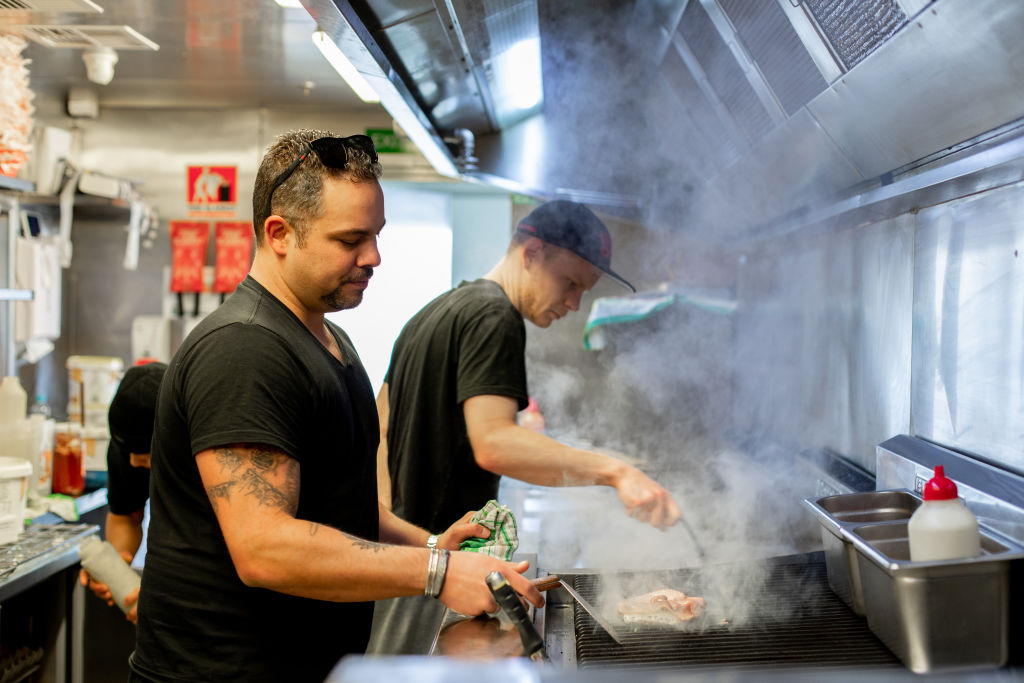
Kong says potential customers for products and services connected with light industry understand that they will find a wide range of them in Fyshwick.
“And commercial properties are priced appropriately – Fyshwick properties fetch Fyshwick prices and Inner South locations set theirs,” Kong says.
Of course, there are many commercial opportunities in locations like the Inner South, Braddon, the city and town centres, but they tend to draw options like bars, cafes restaurants, retail and office spaces for professional services sector, such as medical, architectural or civil design – or personal services like hairdressers, nail salons, dry cleaners and more.
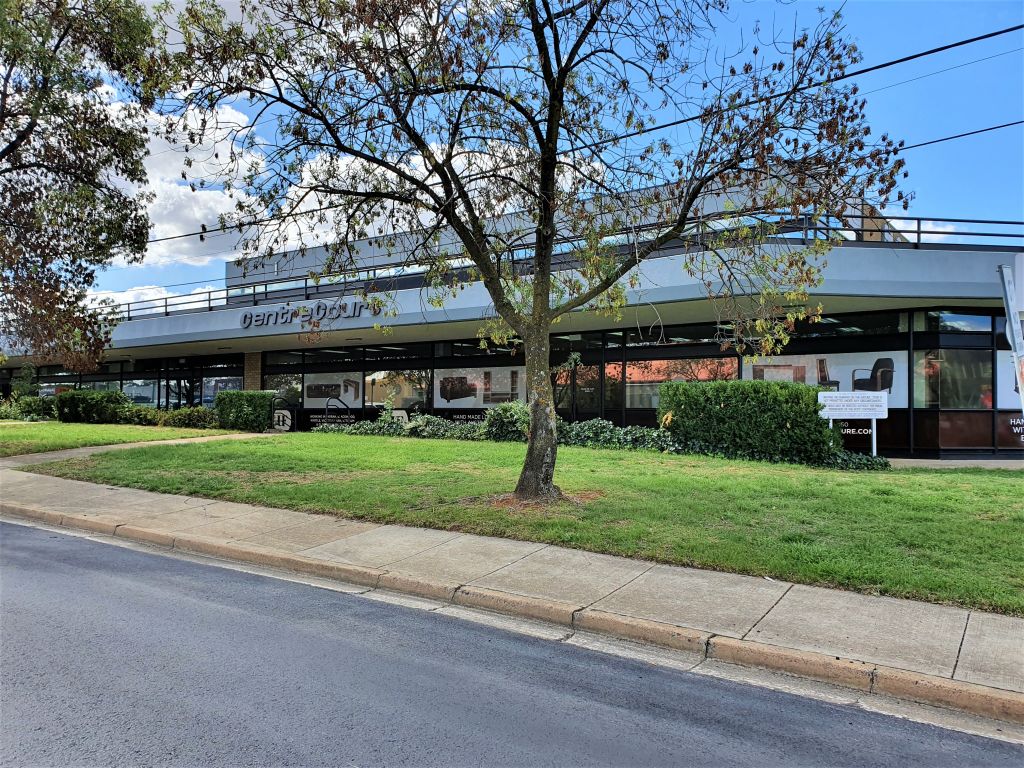
Kong says a further consideration for potential commercial property investors is the quality of tenants and the negotiation of lease terms.
“It’s probably best to take professional advice. Obviously, the stronger the quality of the tenant, the higher the likely security of the lease,” he says.
“An investor is best served by a strong tenant in the right property in the right location that continually draws in customers – what’s good for the business is likely good for the owner.”
Kong says long lease terms with options for extension, annual rent increases and with most outgoings paid by the tenant all help to maximise the security of the asset and net return to the investor.
We recommend
We thought you might like
States
Capital Cities
Capital Cities - Rentals
Popular Areas
Allhomes
More
